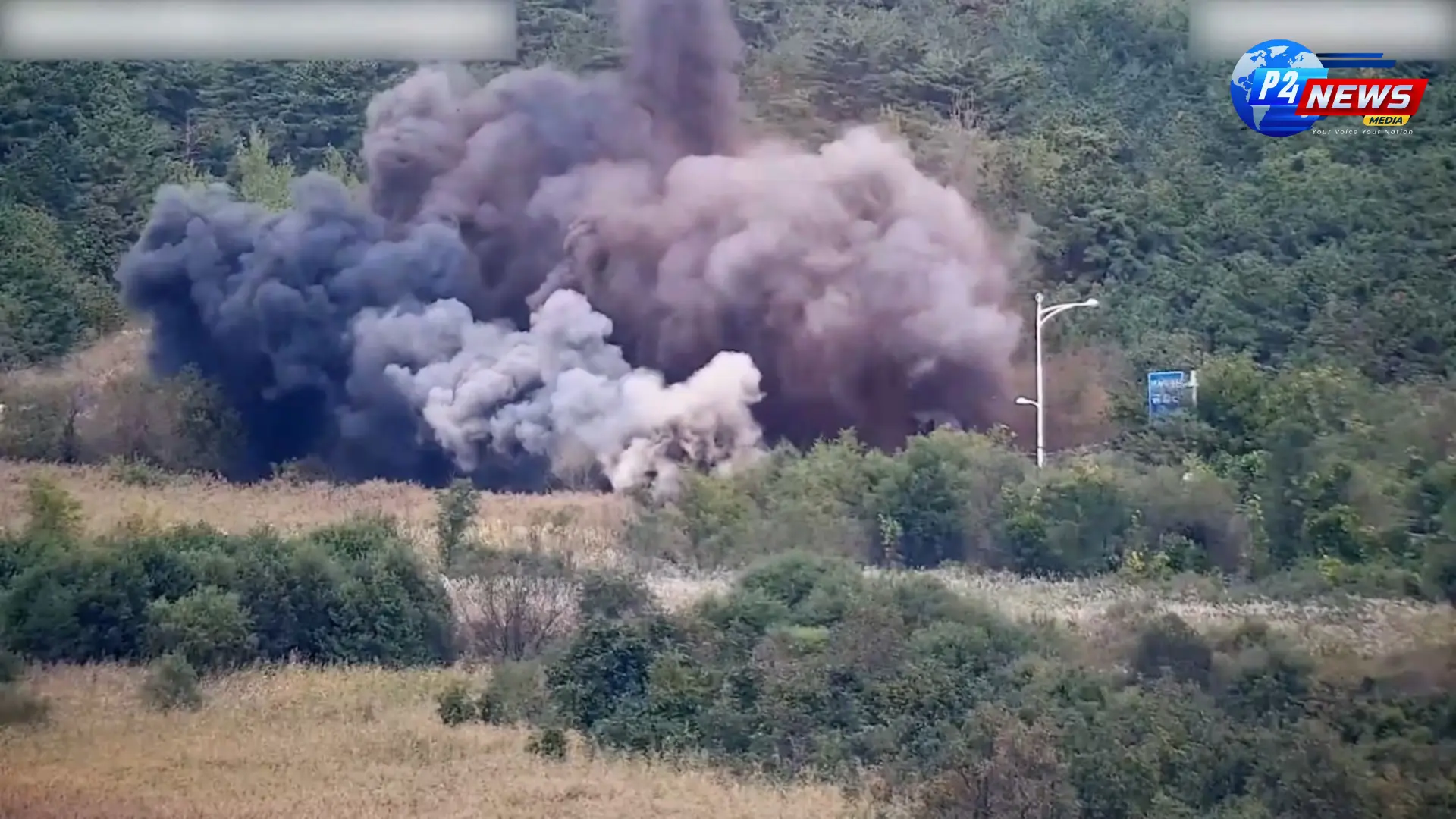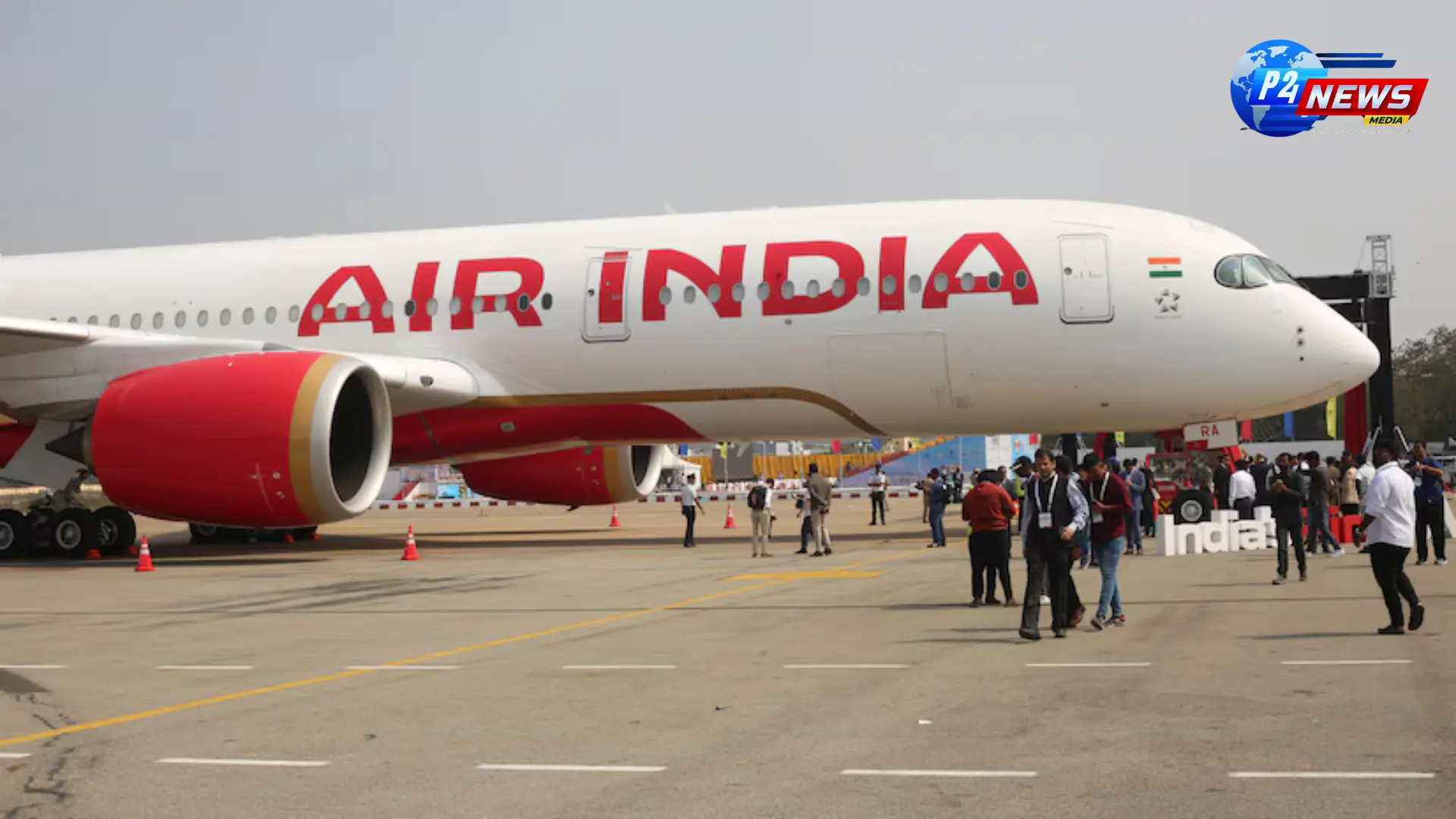Amid escalating tensions between India and Canada over allegations of Indian involvement in a terrorist's killing, India has categorically rejected any evidence presented by Canadian authorities, placing the blame solely on Prime Minister Justin Trudeau's actions.
India's Firm Stance Against Trudeau's Allegations
In a recent development in the ongoing diplomatic dispute between India and Canada, the Indian Ministry of External Affairs reiterated its position regarding the allegations put forth by Canadian Prime Minister Justin Trudeau. The Indian government firmly stated that "Canada has presented us with no evidence whatsoever" concerning the claims made against its involvement in the killing of Khalistani terrorist Hardeep Singh Nijjar.
Prime Minister Trudeau's Testimony
During a public inquiry, Prime Minister Trudeau testified regarding the alleged interference by Indian government agents in Canadian sovereignty. He acknowledged that his assertions were not based on hard evidence but rather on intelligence-based speculation. Trudeau's remarks come after a significant diplomatic backlash following his earlier allegations against India, which he described in his testimony as a "horrific mistake." His comments highlight the ongoing tensions and the lack of substantive proof to back claims made against India.
India's Response to Allegations
Following Trudeau's testimony, the Indian foreign ministry issued a strong statement emphasizing that they had received no supporting evidence from Canada. They pointed out that Trudeau's allegations and the subsequent diplomatic fallout placed the responsibility for the strain in relations solely on his "cavalier behaviour." This continuing conflict has raised questions about the integrity of diplomatic communications between the two nations.
Escalation of Diplomatic Tensions
The fallout from Trudeau's statements has escalated further, with India taking decisive actions against Canadian diplomats in response to what it termed "politically motivated" allegations. Just days after Trudeau's comments, India expelled six top Canadian diplomats as a demonstration of its discontent with the ongoing claims made by the Canadian Prime Minister.
The Role of Foreign Interference
In his inquiry testimony, Trudeau also alleged that Indian diplomats were involved in surveilling Canadians critical of the Indian government, suggesting a high-level coordination with criminal elements in India. However, these claims remain unsubstantiated and have been met with strong rebukes from Indian officials. The Indian government has consistently requested evidence from Canada to support their allegations but has received no material proof.
Political Ramifications
This diplomatic row underscores the larger implications of international relations and political strategies at play. As Canada navigates allegations of foreign interference, the situation reflects a growing need for accountability and factual substantiation in diplomatic communications. The Indian government has characterized these actions as part of a broader political strategy aimed at undermining its credibility on the global stage.
Moving Forward
As the investigation into foreign interference continues, both nations find themselves at a critical juncture. The lack of evidence presented by Canada raises concerns about the foundation of its claims and the potential for future diplomatic engagement. It remains to be seen how this situation will evolve, but the diplomatic rift between India and Canada appears far from resolution.
















Comments 0